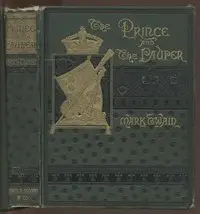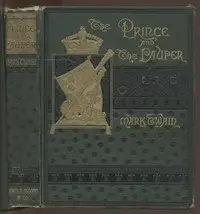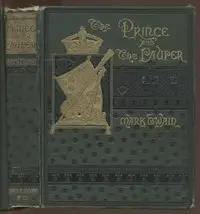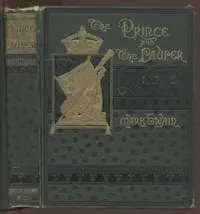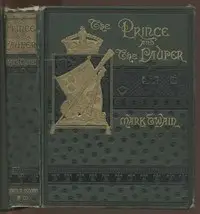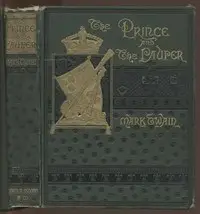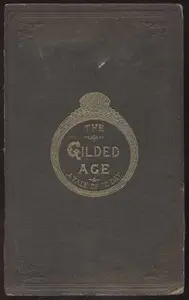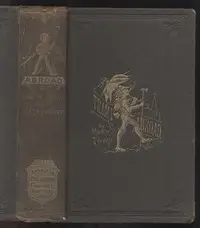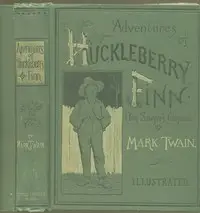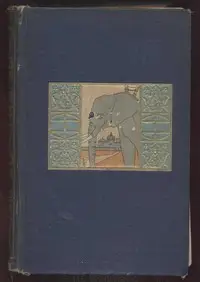: "The Prince and the Pauper, Part 8" by Mark Twain is a story set in Tudor England, where two boys from very different backgrounds, Prince Edward and pauper Tom Canty, find their lives unexpectedly connected when they switch places. This part of the narrative explores big ideas like social class and fairness, especially looking at the differences between the wealthy and the less fortunate. As the story unfolds, Hendon and the King are locked up with a variety of other prisoners. Hendon is dealing with feeling let down by Edith, and the King is starting to see how tough being a ruler can be as he watches unfair things happen to people. Through their experiences, they start to learn about the changes happening in their own families and how hard life can be. When the King witnesses a public execution, it really changes his view on being a king and what justice means. Even though things are tough, Hendon stays true to the King. The difficulties they face together strengthen their bond, highlighting the importance of sacrifice, loyalty, and trying to find your place in a world that isn't always fair.
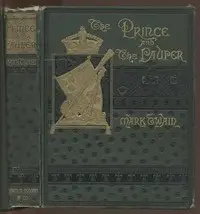
The Prince and the Pauper, Part 8.
By Mark Twain
: A prince and a pauper's lives intertwine as they face imprisonment, betrayal, and the harsh realities of justice, testing their loyalty and challenging their understanding of kingship in a flawed society.
Summary
About the AuthorSamuel Langhorne Clemens, known by the pen name Mark Twain, was an American writer, humorist, and essayist. He was praised as the "greatest humorist the United States has produced," with William Faulkner calling him "the father of American literature." Twain's novels include The Adventures of Tom Sawyer (1876) and its sequel, Adventures of Huckleberry Finn (1884), with the latter often called the "Great American Novel." He also wrote A Connecticut Yankee in King Arthur's Court (1889) and Pudd'nhead Wilson (1894) and cowrote The Gilded Age: A Tale of Today (1873) with Charles Dudley Warner.
Samuel Langhorne Clemens, known by the pen name Mark Twain, was an American writer, humorist, and essayist. He was praised as the "greatest humorist the United States has produced," with William Faulkner calling him "the father of American literature." Twain's novels include The Adventures of Tom Sawyer (1876) and its sequel, Adventures of Huckleberry Finn (1884), with the latter often called the "Great American Novel." He also wrote A Connecticut Yankee in King Arthur's Court (1889) and Pudd'nhead Wilson (1894) and cowrote The Gilded Age: A Tale of Today (1873) with Charles Dudley Warner.

